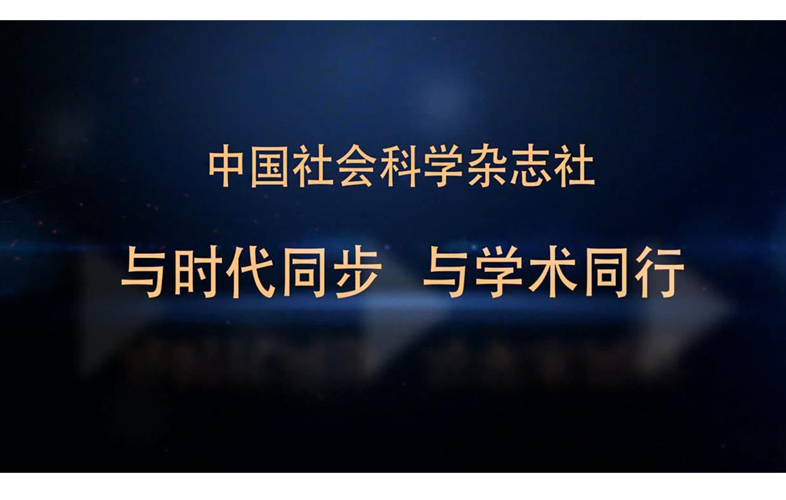Gong Huanan
Institute for Modern Chinese Thought and Culture & Department of Philosophy, East China Normal University
Abstract:In the history of early Chinese thought, a cognitive tradition emerged under the Shang and Zhou dynasties that saw the ear and the mouth as the main means of connecting the inner and the outer world. In the pre-Qin period, particular prominence was given to the cognitive function of the ear and eye, with the latter receiving greater attention; however, in the contest between the two, the ear eventually prevailed over the eye. In the Qin-Han period, the tongue came out ahead in the contest between ear and tongue. At first the ear and the mouth were seen as cooperating, but later in the competition between ear and eye, the ear prevailed, in what can be seen as a restoration of the ancient Shang and Zhou tradition. The same is true of the tongue’s victory in the ear-tongue disputes of the Qin-Han period. The mouth was originally latent in this process, but reappeared as the tongue. The successive victories of the ear and the tongue represented conscious progress in cognition. In the contest of the senses, the eye and the ear were lost out, being supplanted by the sense of taste. This moved Chinese thinking on cognition ever further from the primacy of sight and hearing, with the sense of taste eventually taking pride of place. This led to the creation of a culture in which core concepts such as the dao (Way 道) were dominated by the sense of taste, giving rise to China’s unique taste-based mental universe.
Keywords:ear-eye contest,ear-tongue dispute,taste thinking



